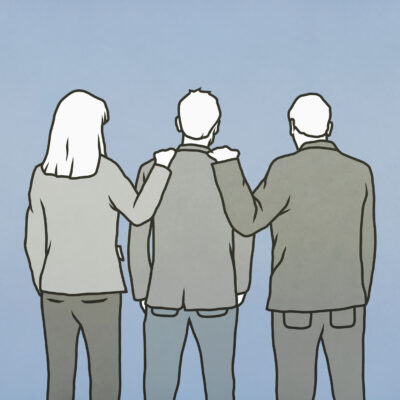Should Diaspora Fundraising Bail Out Israel?
from The New York Jewish Week:
Debate Over ‘Schnorring’ For Fire Trucks
As Jewish organizations scramble to muster aid to a northern Israel scorched by a wildfire the government was hard-pressed to contain, the relief effort has triggered a debate over who should pick up the tab for an evident lack of preparedness.
… The debate is already reaching U.S. philanthropic circles. Marc Charendoff, president of the Jewish Funders Network, said he would advise donors not to rush into commitments related to the fire.
“When a tragedy of this magnitude happens our immediate and appropriate response is to want to help,” said Charendoff.
“That doesn’t mean the most readily apparent opportunity to help is the best course in this case. There is much we don’t know, in particular there is much that we don’t know about the help that us going to be needed in terms of rebuilding than we do know right now. We don’t know the extent that losses will be covered by the government by national insurance and private carriers. We are encouraging our members to take a deep breath and take a coordinated approach with the government and NGOs on the ground to determine what the real needs are going forward and how philanthropy can play an effective and appropriate role.”
With regard to equipment that is normally purchased by Israeli taxpayers, Charendoff said “I’m not sure why that kind of equipment isn’t being provided by he government. I would personally wat to see and argument as to how this is the responsibility of diaspora Jews.”
… Malcolm Hoenlein, executive vice chairman of the Conference of Presidents of Major American Jewish Organizations, noted on Tuesday the difference between the government of Israel asking for money, which it has not done, and supporters of the Jewish state wanting to show solidarity through checkbooks and donation boxes.
“This is a response by a Jewish community that feels they want to help,” said Hoenlein. “There are legitimate internal questions that have to be addressed about how much infrastructure they have and how the response was delayed. But it’s very hard for any country to have the capacity to handle something they haven’t experienced before. To sustain the fleet of airplanes you need [to fight forest fires] is difficult for any country.”

 Add EJP on Google
Add EJP on Google










